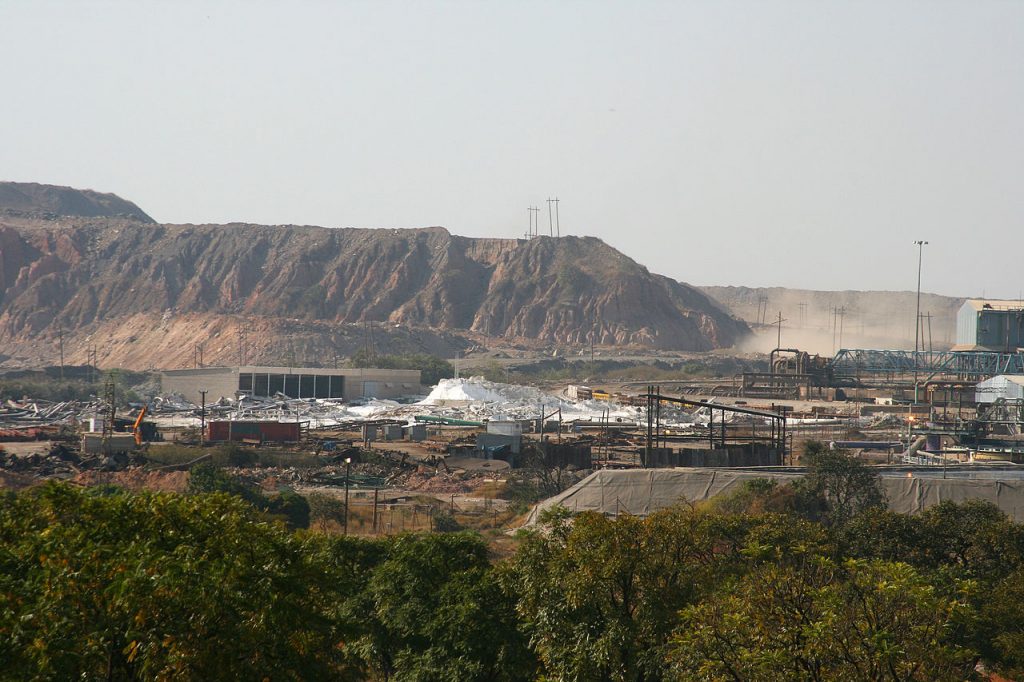
Zambia’s government expects to conclude talks with potential buyers of Vedanta Resources Ltd.’s local copper unit within a month, President Edgar Lungu said. His comments preempt a hearing by Zambia’s High Court on Thursday on the state’s bid to liquidate the asset after a dispute between the government and the Indian company.
The stand-off has rattled investors, with yields on Zambian Eurobonds surging to new records last month.The government received expressions of interest for the unit, Konkola Copper Mines, from companies based in Turkey, Russia, India, Canada and China, Lungu said in an interview Wednesday. He didn’t identify the firms.
“The team which we have put up is interrogating all these companies to see whether they can fit, meet our expectations,” Lungu, 62, said on the sidelines of a conference in Maputo, Mozambique’s capital. “I think it’s going on very well. By the end of this month, towards the midway next month, we should wrap up in terms of talking to the would-be investors.”
Zambia moved to liquidate Konkola after Lungu accused the company of cheating on its taxes and lying about its expansion plans. Vedanta, majority owned by Indian billionaire Anil Agarwal, says it’s a loyal investor that has spent $3 billion on the operations.
Konkola, along with units of Glencore Plc and First Quantum Minerals Ltd., is among copper miners in Zambia that have been affected by higher mining royalties the government introduced this year, in addition to other tax increases.
The local mining lobby group has warned the government the tax hikes could result in Zambia’s copper output, the second-biggest in Africa, falling by as much as 100,000 metric tons this year from a record 861,946 tons in 2018.
The government would consider revisiting the taxes if mining companies proved the levels are too onerous, Lungu said. They are yet to do so, he said.
“They’re always grumbling, they always grumble, but I think if they make their case we will hear them,” Lungu said. “But for now, they’ve not made any case to warrant us reversing our position on the tax regime. We are not convinced.”
(By Matthew Hill)
Comments